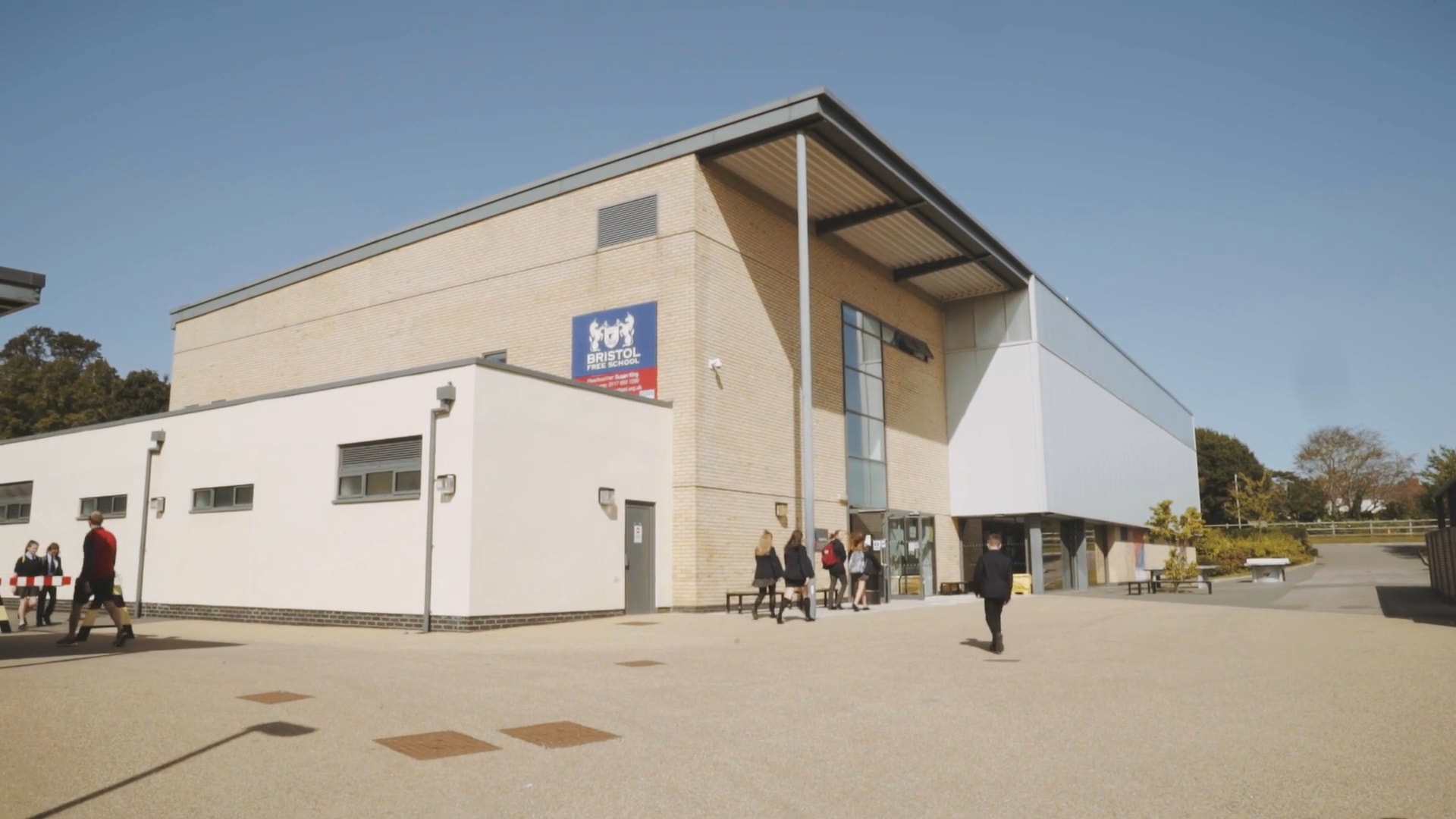
Students will talk about past holidays, focusing on the use of the preterite of IR and SER and regular -AR and -ER/-IR regular. Students will able to talk about past and present holidays and construct sentences that are diverse and interesting.
Students complete regular vocabulary tests on the holidays topic. At the end of the unit students complete writing and speaking tasks to describe present and past holiday experiences.
Students will become more able to express their opinions about past holidays, and will be able to ask others about their holiday experiences. Students will develop the skills needed to promote the benefits of visiting other countries, and will also understand the advantages of travelling to other places to see the diversity of other cultures and environments.
Students will work together to speak positively about past experiences, and will learn to further appreciate differences within their culture and society thus making them more tolerant, and able to speak about how their community is progressing and changing.
Students will revise present tenses of common verbs (regular and irregular). They learn to express their likes and dislikes around TV, music and films. They will be able to justify their opinions and describe what leisure activities they did yesterday.
Students will be assessed on Listening and Reading and do weekly vocabulary tests on the unit.
Students will be introduced to being able to expressing their opinions on their hobbies and past times. By building up this bank of phrases, and in better understanding the grammar of gender, and plurals, students will become confident in speaking Spanish.
In developing their Spanish together at the same level, students will feel supported by peers to express opinions and to begin to spontaneously speak in a different language.
Students will talk about food using a wide range of opinions and describe mealtimes using negatives. They will be able to use three tenses to give an account of a party. They will learn about food from Spain and other Spanish speaking countries.
Students will be assessed on vocabulary regularly by their class teacher. They will complete a speaking assessment in the form of role plays ordering a meal in a restaurant. They will also complete short translations and writing tasks.
Students will be able to speak about favourite foods and drinks which they enjoy on a daily basis. This unit will enable them to practise for a the transactional language needed to order food and drink in Spain.
Through completing role-plays with peers, students will help their classmates in building confidence in spoken Spanish. It will also allow students to feel more independent as they take on specific roles in acting out different scenarios.
Students will describe a holiday home using the comparative (más/menos+adjective+que). They will describe holiday activities using the superlative and ask for/give directions. Student practise using three tenses together.
Students will complete regular vocabulary tests and retrieval quizzes. Students then complete end of module tests in listening and reading with a variety of question tasks, both open comprehension and multiple choice.